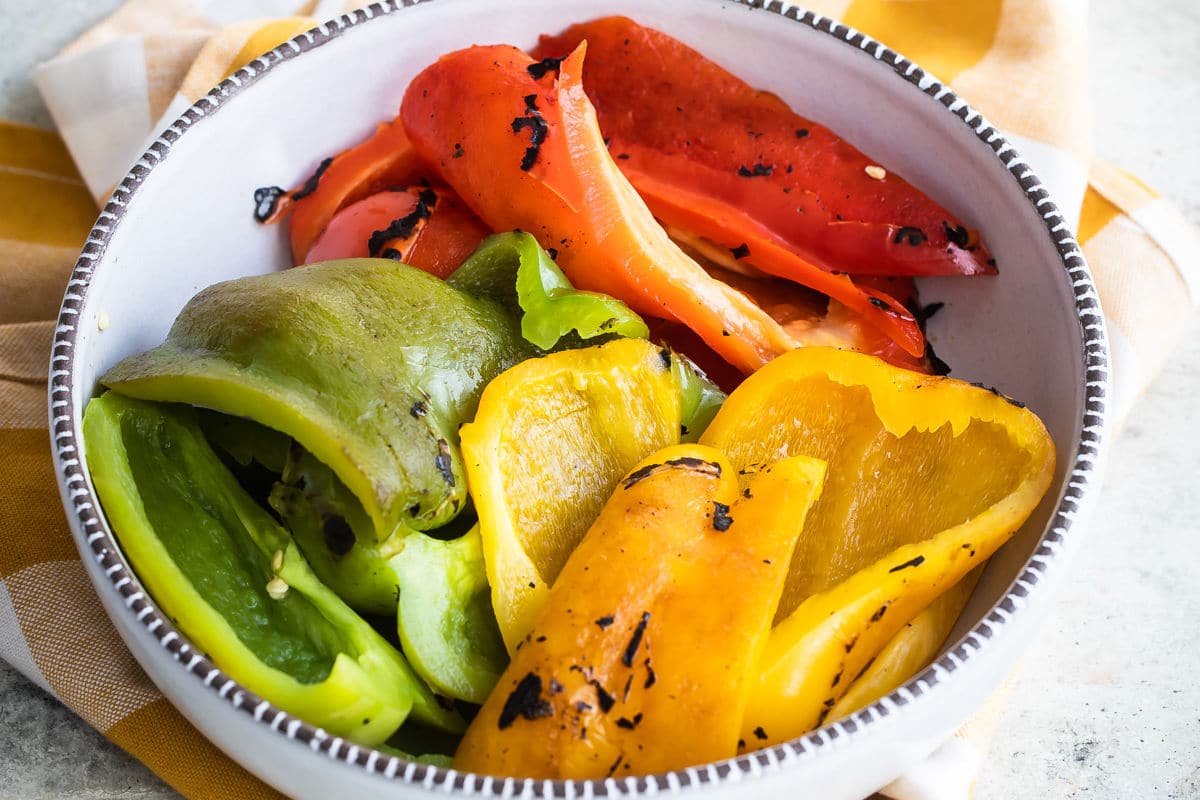

Articles
How To Store Roasted Peppers
Modified: December 7, 2023
Learn the best methods for storing roasted peppers in this informative article. Discover the tips and tricks for preserving flavor and freshness.
(Many of the links in this article redirect to a specific reviewed product. Your purchase of these products through affiliate links helps to generate commission for Storables.com, at no extra cost. Learn more)
Introduction
Roasted peppers are a delicious and versatile ingredient that can add flavor and depth to a wide range of dishes. Whether you’re using them in sandwiches, salads, pasta, or as a topping on pizza, properly storing roasted peppers is essential to ensure their freshness and taste for future use.
In this article, we will explore the reasons why roasted peppers need proper storage and provide you with various methods to store them effectively. By following these tips and tricks, you can enjoy the delightful taste of roasted peppers all year round. So, let’s dive in!
Key Takeaways:
- Properly storing roasted peppers is crucial to maintain their flavor, texture, and freshness. Whether in the fridge, freezer, or oil, follow the right techniques to enjoy their delightful taste all year round.
- Implementing tips like proper handling, portion control, and using airtight containers enhances roasted pepper storage. Check for spoilage regularly and practice food safety to maintain quality and flavor.
Read more: How To Store Roasted Poblano Peppers
Why Roasted Peppers Need Proper Storage
Roasted peppers, with their smoky and sweet flavors, are a culinary delight. However, the process of roasting changes the texture and composition of the peppers, making them more susceptible to spoilage if not stored correctly.
One of the main reasons why roasted peppers need proper storage is to prevent bacterial growth and foodborne illnesses. Roasting peppers exposes them to heat, which can cause moisture to be trapped inside. This moisture, coupled with the natural sugars present in peppers, creates an ideal environment for bacteria to thrive. By storing roasted peppers properly, you can minimize the risk of contamination and ensure food safety.
Furthermore, storing roasted peppers correctly helps to maintain their flavor and texture. Improper storage can cause the peppers to become mushy or develop off-flavors, diminishing their taste and texture when used in dishes. This is particularly important if you’ve taken the time to roast the peppers to perfection and want to preserve their unique flavors.
Another consideration is the length of time you want to store roasted peppers. If you have an abundance of peppers or plan to use them at a later date, proper storage is even more crucial. With the right methods, you can extend the shelf life of roasted peppers, ensuring that you always have this flavorful ingredient on hand.
Now that we understand the importance of storing roasted peppers correctly, let’s explore various methods to ensure their freshness and quality.
Preparing Peppers for Storage
Before storing roasted peppers, it’s important to properly prepare them to maximize their shelf life and preserve their quality. Here are some steps to follow when preparing peppers for storage:
- Let the roasted peppers cool: After roasting the peppers, allow them to cool completely. This will make them easier to handle and prevent any moisture buildup during the storage process.
- Remove the skins: Once the peppers are cool, gently peel off the skins. Roasting causes the skins to blister and loosen, making it easier to remove them. The skin removal process not only improves the texture of the peppers but also helps prevent any bitter taste that may come from the skin.
- Remove seeds and stem: Cut the peppers open and remove the seeds and stem. While the seeds are edible, they can contribute to a soggy texture when stored. Removing them also helps prevent the growth of bacteria.
- Slice or dice the peppers (optional): Depending on your preference and planned future use, you can slice or dice the roasted peppers. Doing so can make it easier to portion them out or incorporate them into specific recipes later on.
By following these steps, you’ll ensure that your roasted peppers are ready for storage and provide optimal freshness and flavor when it’s time to use them.
Storing Roasted Peppers in the Refrigerator
The refrigerator is a convenient and common storage option for roasted peppers. It helps to maintain their freshness and extends their shelf life for several days. Here’s how you can store roasted peppers in the refrigerator:
- Place the prepared roasted peppers in an airtight container or a zip-top bag. Make sure there is no extra moisture inside the container as it can lead to spoilage.
- If you’re using a container, layer the roasted peppers with parchment paper or plastic wrap to prevent them from sticking together.
- Label the container or bag with the date of storage for easy reference.
- Store the container or bag in the refrigerator’s crisper drawer or on a shelf where it can remain undisturbed.
Properly stored roasted peppers can last in the refrigerator for up to 5-7 days. Ensure that the refrigerator temperature is set to below 40°F (4°C) to prevent bacterial growth and maintain the quality of the peppers.
When you’re ready to use the refrigerated roasted peppers, simply take out the desired amount and let them come to room temperature or use them directly in your recipe. Remember to always use clean utensils when handling the stored roasted peppers to prevent contamination.
Storing roasted peppers in the refrigerator allows you to enjoy their flavor and versatility for a few days, making them readily available for your culinary creations.
After roasting peppers, store them in an airtight container in the refrigerator for up to 1 week. You can also freeze them for longer storage.
Storing Roasted Peppers in the Freezer
If you have an abundance of roasted peppers or want to store them for a longer period, freezing is an excellent option. Freezing not only preserves the flavor and texture of the peppers but also extends their shelf life for several months. Here’s how to store roasted peppers in the freezer:
- Prepare the roasted peppers by letting them cool, removing the skins, seeds, and stem, and slicing or dicing them if desired.
- Arrange the prepared peppers in a single layer on a baking sheet lined with parchment paper. This will prevent them from sticking together during freezing.
- Place the baking sheet with the peppers in the freezer and let them freeze for about 1-2 hours. This process, known as flash freezing, helps individualize the peppers and prevent them from clumping together when stored.
- Once the peppers are partially frozen, transfer them into an airtight freezer-safe container, or use freezer bags. Remove as much air as possible from the bags before sealing.
- Label the container or bag with the date of storage.
- Place the container or bag in the freezer, ensuring they are stored away from other items that might crush or damage them.
Frozen roasted peppers can last in the freezer for up to 6 months. However, for the best quality and flavor, it is recommended to use them within 3-4 months.
When you’re ready to use the frozen roasted peppers, simply take out the desired amount and thaw them in the refrigerator overnight or in a bowl of cool water. Avoid thawing them at room temperature to prevent bacterial growth.
Storing roasted peppers in the freezer is a convenient way to have this versatile ingredient readily available for various recipes throughout the year.
Read more: How To Store Roasted Red Peppers
Storing Roasted Peppers in Oil
If you’re looking for a flavorful and convenient storage method for roasted peppers, storing them in oil is an excellent option. This method not only preserves the peppers but also infuses them with the flavors of the oil, enhancing their taste. Here’s how to store roasted peppers in oil:
- Prepare the roasted peppers by letting them cool, removing the skins, seeds, and stem, and slicing or dicing them if desired.
- Place the prepared peppers in a clean, sterilized jar or container with an airtight lid.
- Fill the container with enough oil to completely cover the peppers. Olive oil or a neutral oil like canola or sunflower oil works well for this purpose.
- Make sure there are no air bubbles in the jar by gently tapping it or using a wooden skewer to remove any trapped air pockets.
- Seal the jar tightly with the lid.
- Label the jar with the date of storage.
- Store the jar in a cool, dark place like a pantry or cabinet.
When stored properly, roasted peppers in oil can last for several weeks. However, it is important to regularly check for any signs of spoilage, such as mold or off-odors. If you notice any signs of spoilage, discard the contents immediately.
When you’re ready to use the roasted peppers, simply take out the desired amount from the jar. The oil can be used as well for additional flavor in dressings, marinades, or sautéing.
Storing roasted peppers in oil not only adds convenience to your cooking but also provides a delicious ingredient infused with the flavors of the oil.
Tips and Tricks for Roasted Pepper Storage
To ensure the best storage for your roasted peppers and maintain their freshness and flavor, here are some useful tips and tricks:
- Proper handling: Always handle roasted peppers with clean hands and utensils to prevent contamination. Wash your hands thoroughly before and after handling the peppers.
- Temperature control: Keep roasted peppers in a cool environment. Refrigeration and freezing are the best options to maintain their quality and reduce the risk of spoilage.
- Portion control: Store roasted peppers in portion-sized containers or bags to make it more convenient when you need to use them. This way, you can defrost or take out only the amount you need without thawing the entire batch.
- Labeling: Always label the storage containers or bags with the date of storage. This helps you keep track of their freshness, especially if you have multiple batches stored.
- Airtight containers: Use airtight containers or freezer bags to prevent air exposure, which can lead to freezer burn or spoilage. This is crucial for maintaining the quality and taste of the roasted peppers.
- Different storage methods: Consider using various storage methods based on your needs. For short-term storage, refrigeration is ideal, while freezing is more suitable for longer-term storage. Storing roasted peppers in oil adds flavor and convenience.
- Freezing individual portions: If you plan to use the roasted peppers in small quantities, freeze them separately before transferring them to a larger container or bag. This allows for easy portioning without having to thaw the entire batch.
- Using ice cube trays: Another convenient method is to freeze the roasted peppers in ice cube trays. Once frozen, transfer the cubes to a freezer bag for easy access and portion control.
- Reheating techniques: If you want to consume the roasted peppers warm, consider reheating them by gently sautéing them or using them in cooked dishes rather than microwaving, as this can affect their texture.
- Quality check: Regularly inspect stored roasted peppers for any signs of spoilage, such as mold, sliminess, or off-odors. If you notice any of these, discard the peppers immediately.
By following these tips and tricks, you can prolong the shelf life of your roasted peppers and ensure they retain their flavor and quality for future use.
Conclusion
Properly storing roasted peppers is essential to preserve their flavor, texture, and freshness for future use. Whether you choose to store them in the refrigerator, freezer, or in oil, following the right techniques will ensure that you can enjoy the delicious taste of roasted peppers all year round.
By letting the roasted peppers cool, removing the skins, seeds, and stem, and properly packaging them, you can ensure optimal storage conditions. Refrigeration keeps roasted peppers fresh for a few days, while freezing allows for longer-term storage, extending their shelf life for several months. Storing roasted peppers in oil adds an extra layer of flavor and convenience.
Implementing tips and tricks such as proper handling, portion control, labeling, and using airtight containers or bags will further enhance your roasted pepper storage process. Freezing in individual portions or using ice cube trays for easy access and reheating techniques are also helpful methods to consider.
Regularly checking for signs of spoilage and practicing food safety will help maintain the quality and prevent any health risks associated with improperly stored roasted peppers.
Whether you enjoy roasted peppers in salads, sandwiches, pasta, or as a topping on your favorite dishes, having properly stored roasted peppers on hand ensures that you’re always equipped to add a burst of flavor to your culinary creations.
So, the next time you roast an abundance of peppers, follow these storage methods and tips to preserve their deliciousness. With the right storage techniques, you can savor the flavors of roasted peppers throughout the year, enhancing your meals with their smoky and sweet goodness.
Frequently Asked Questions about How To Store Roasted Peppers
Was this page helpful?
At Storables.com, we guarantee accurate and reliable information. Our content, validated by Expert Board Contributors, is crafted following stringent Editorial Policies. We're committed to providing you with well-researched, expert-backed insights for all your informational needs.
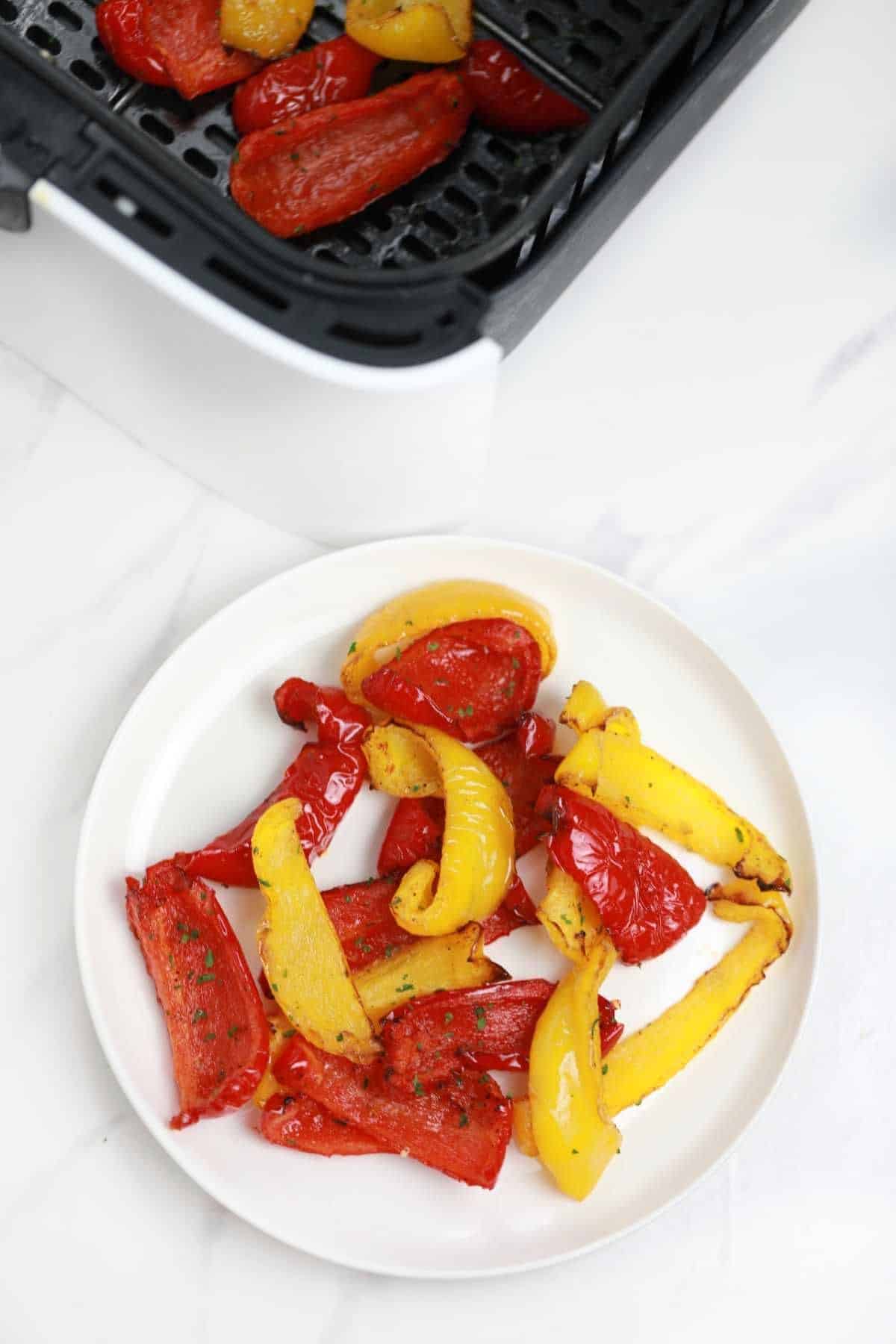
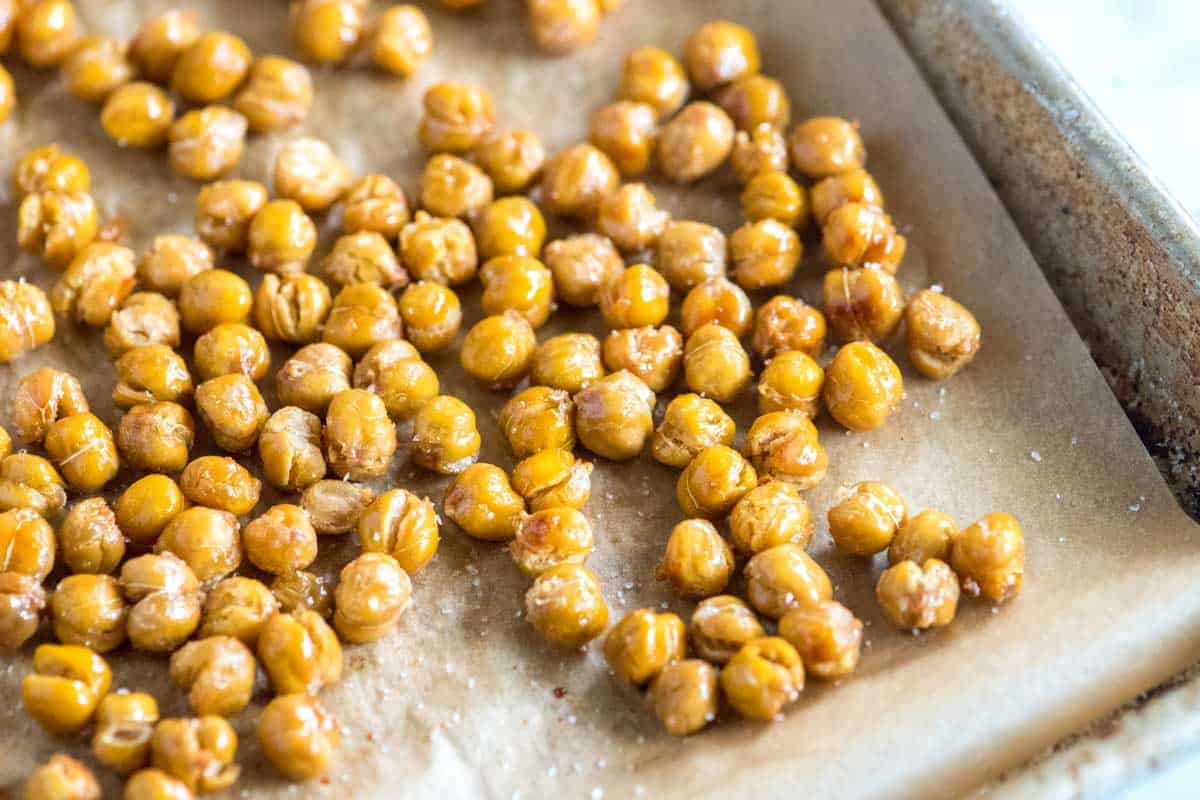
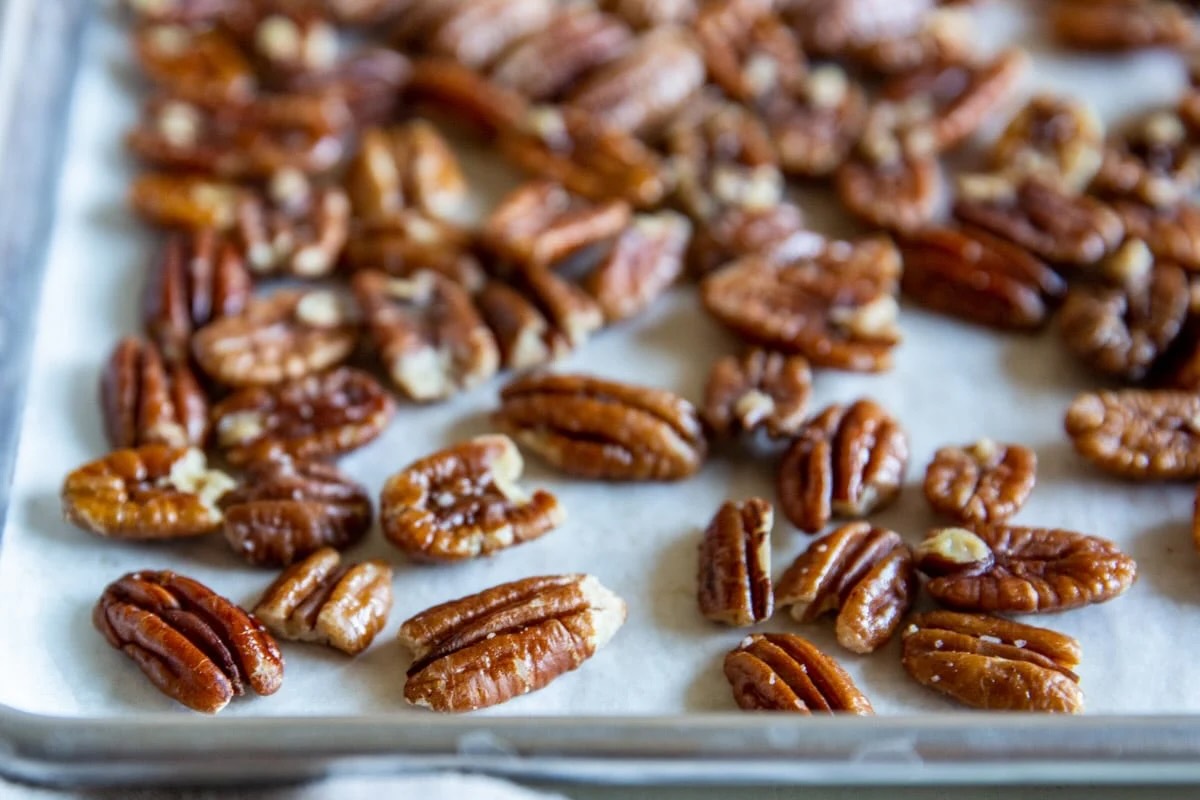
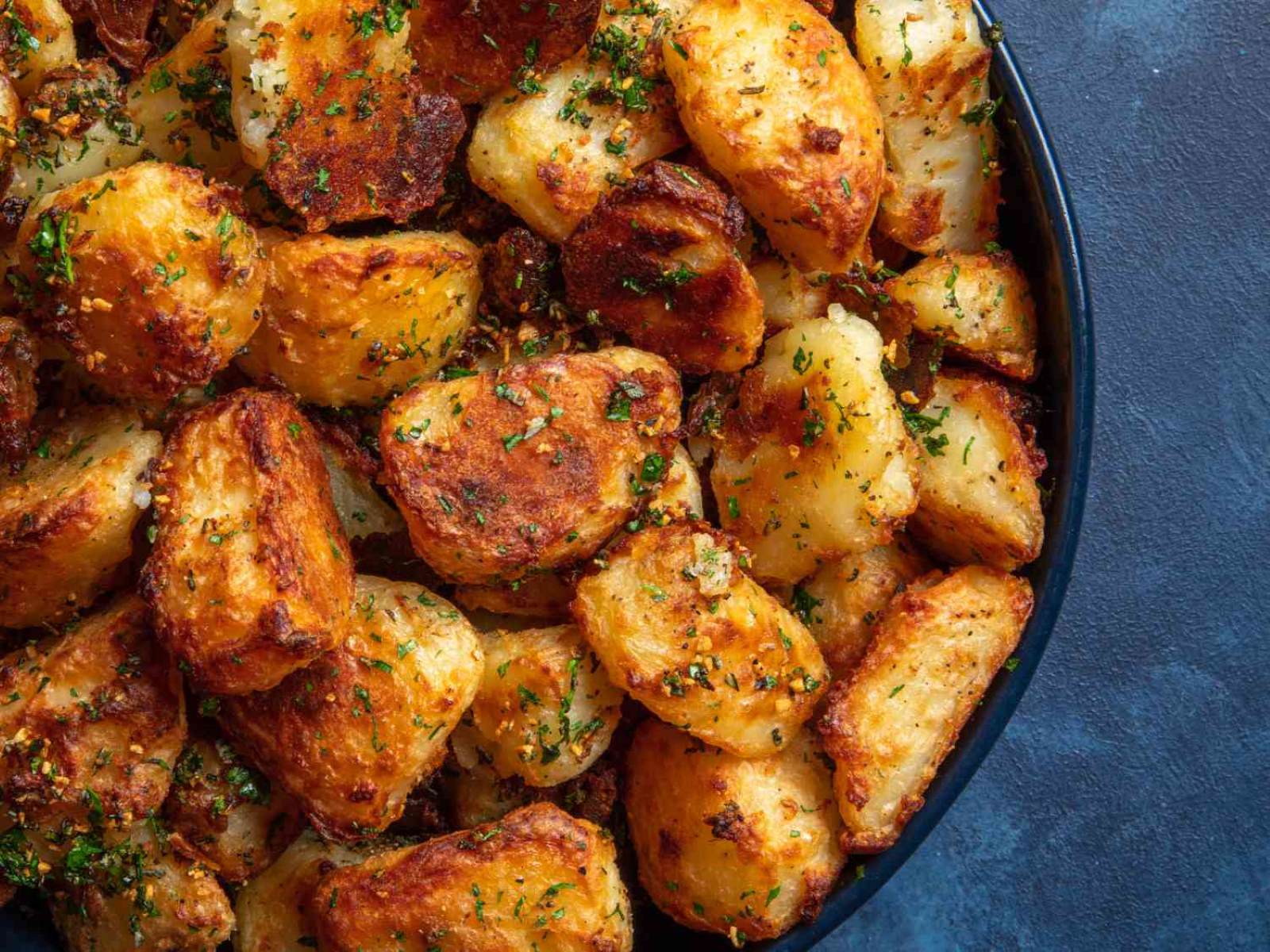
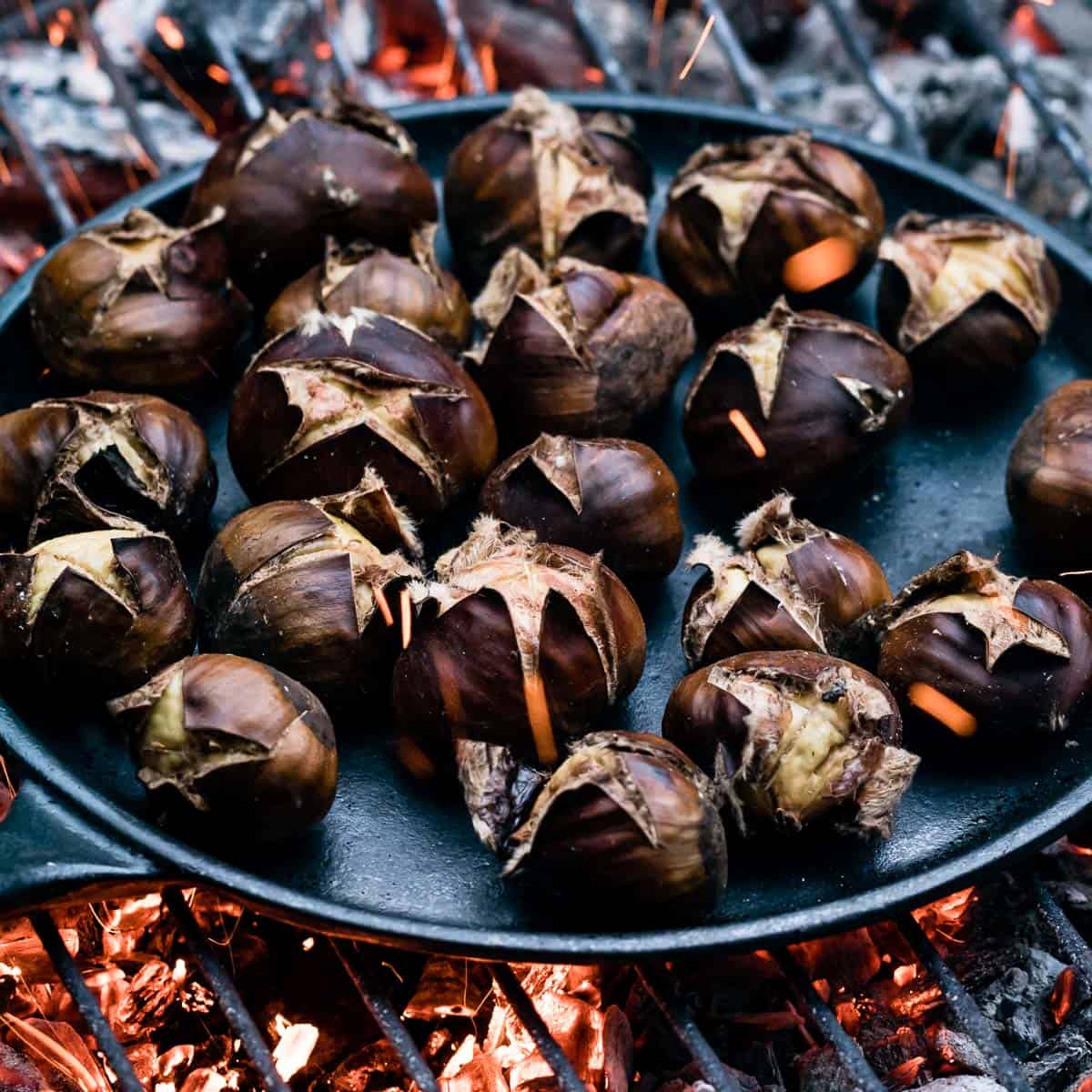
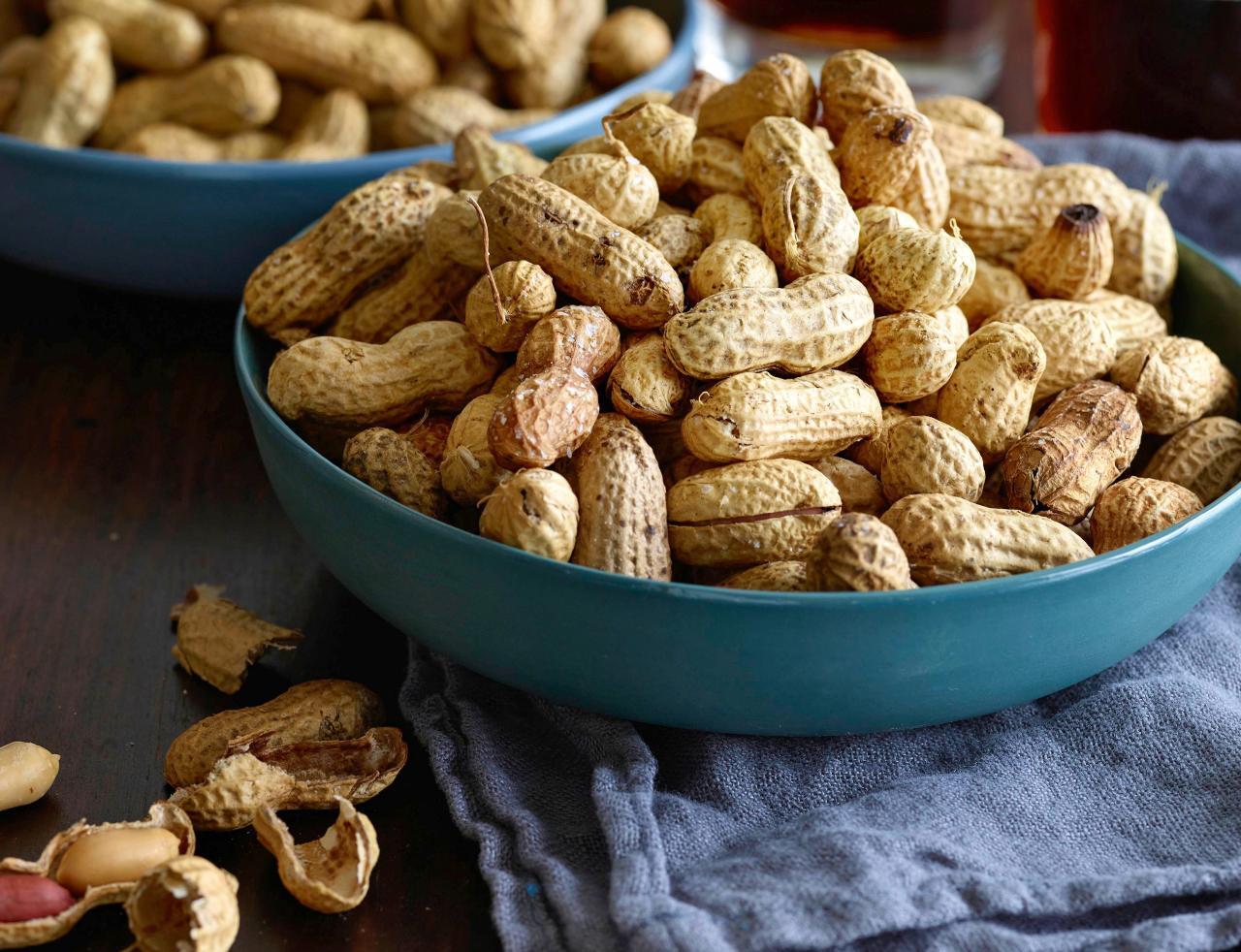
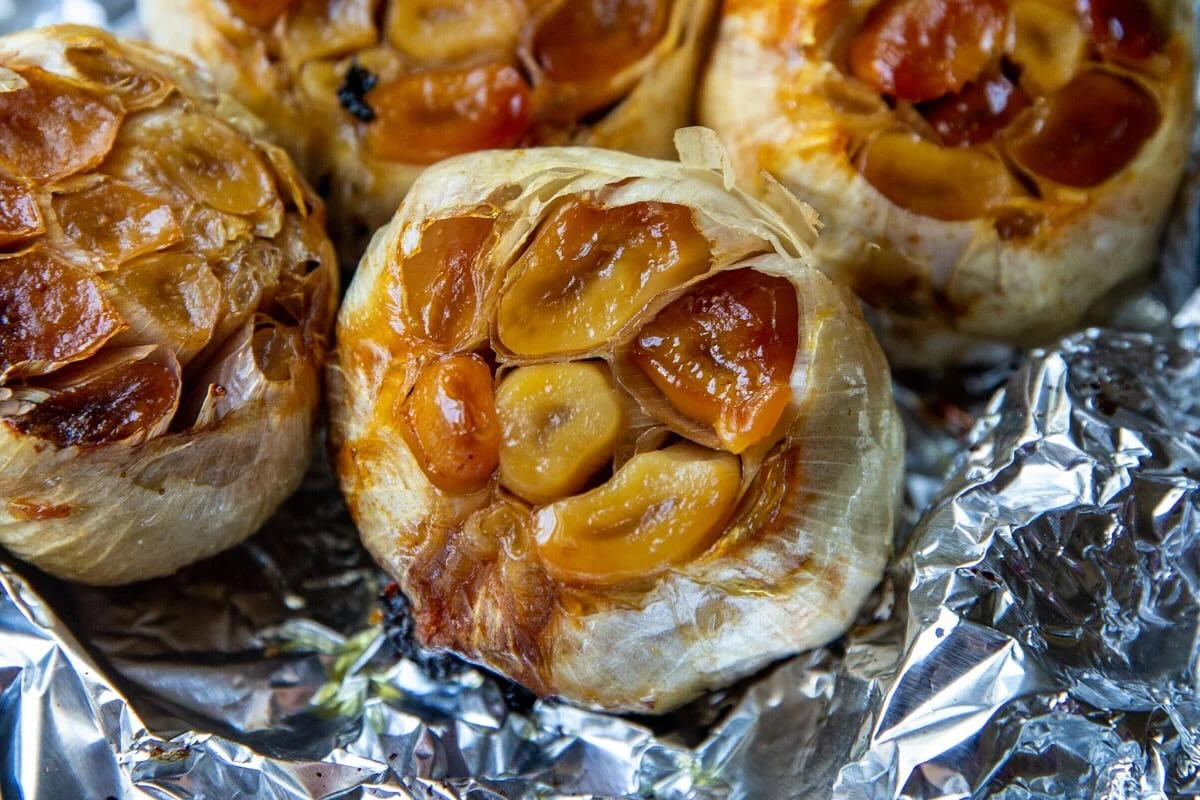
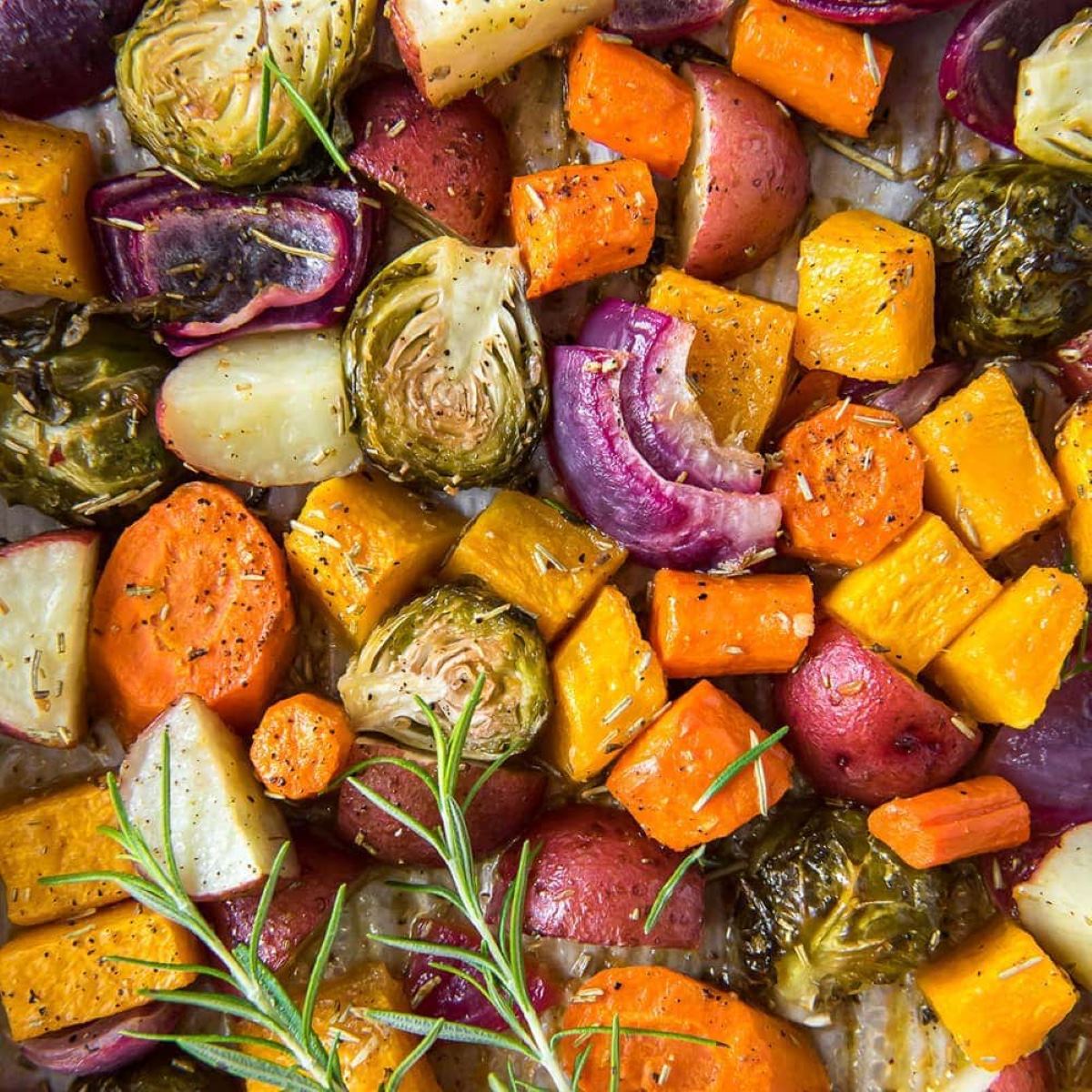
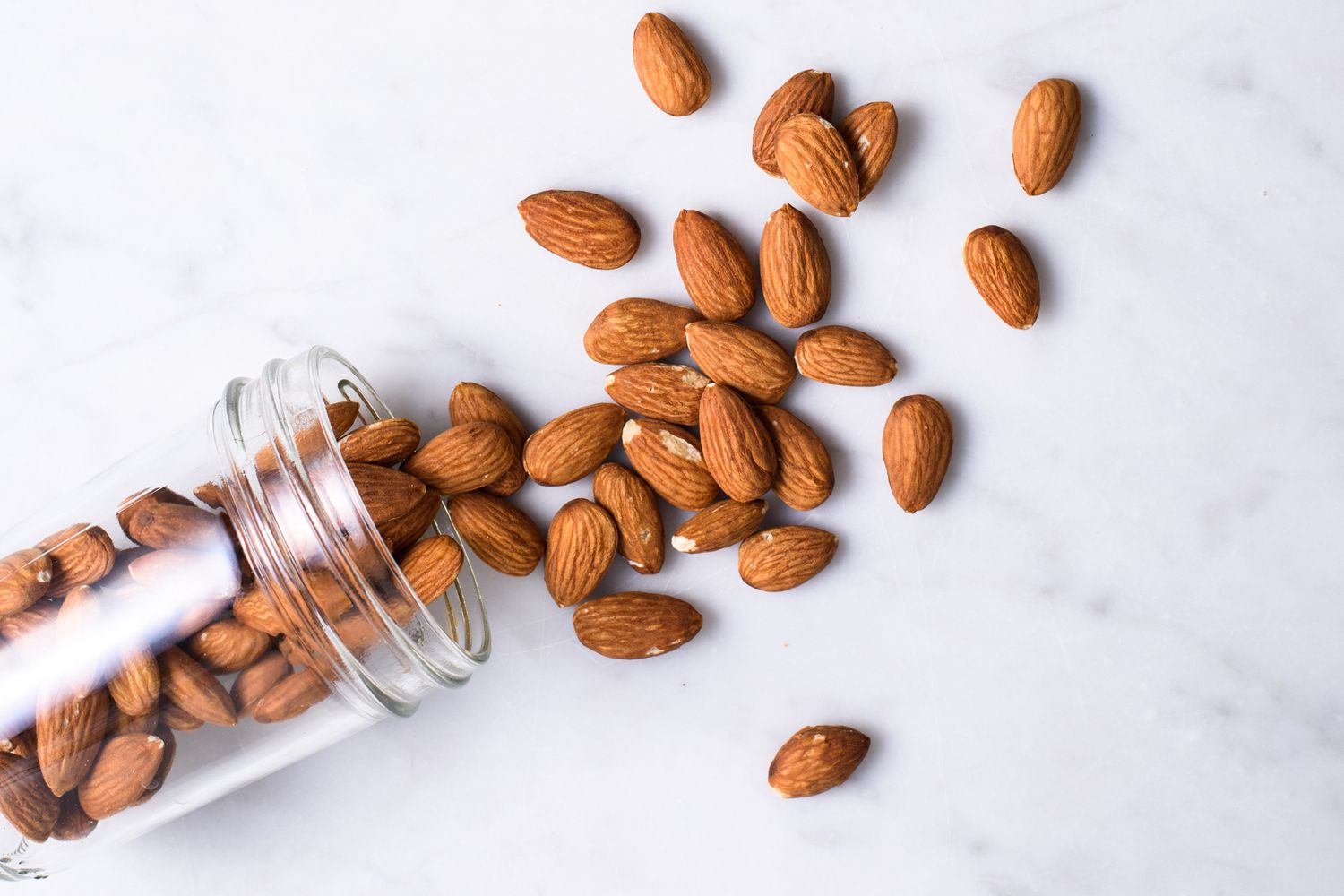
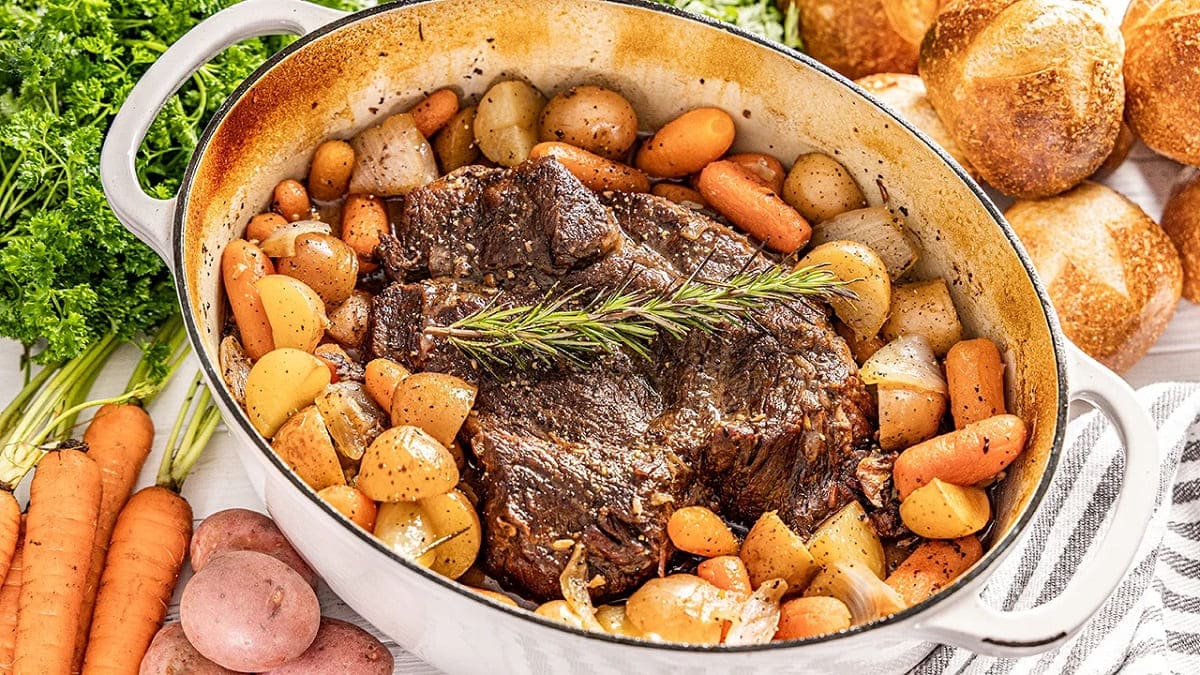
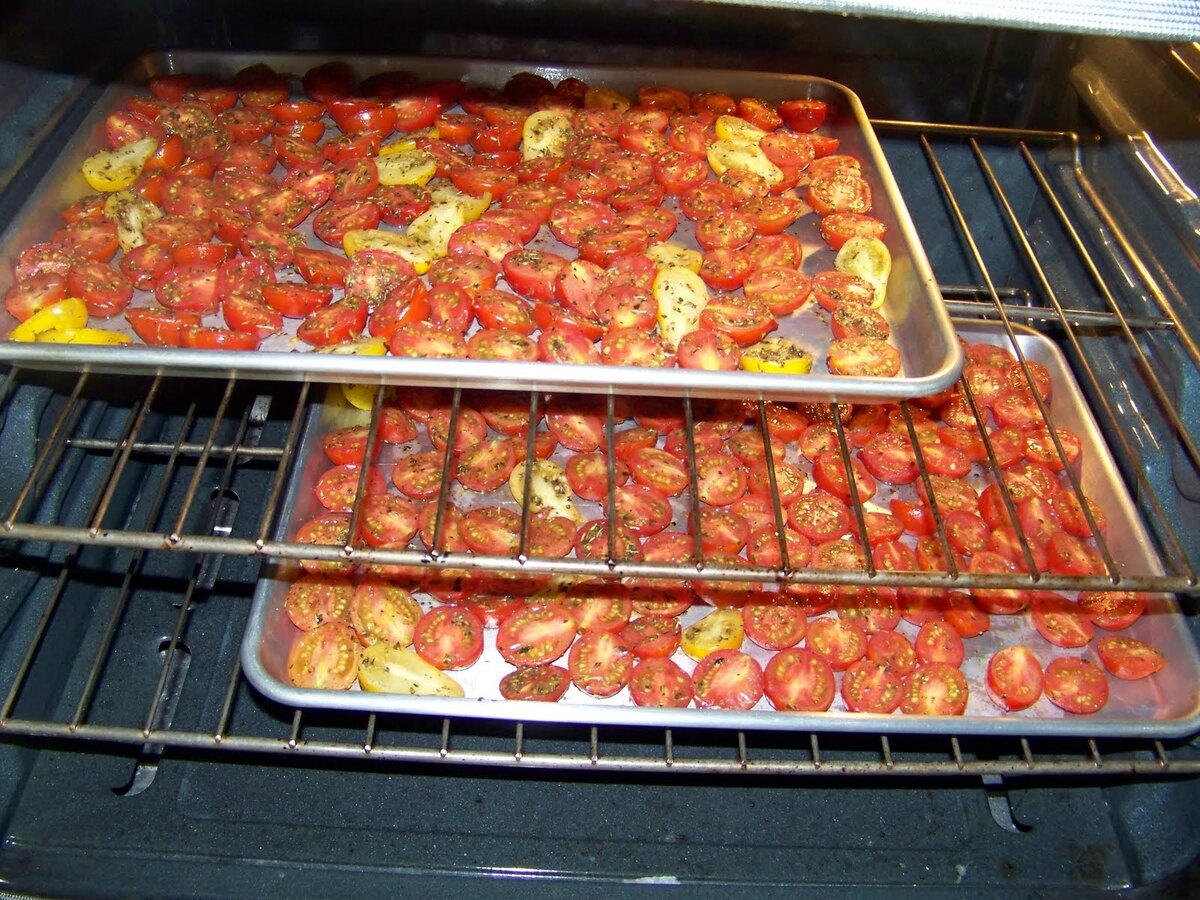
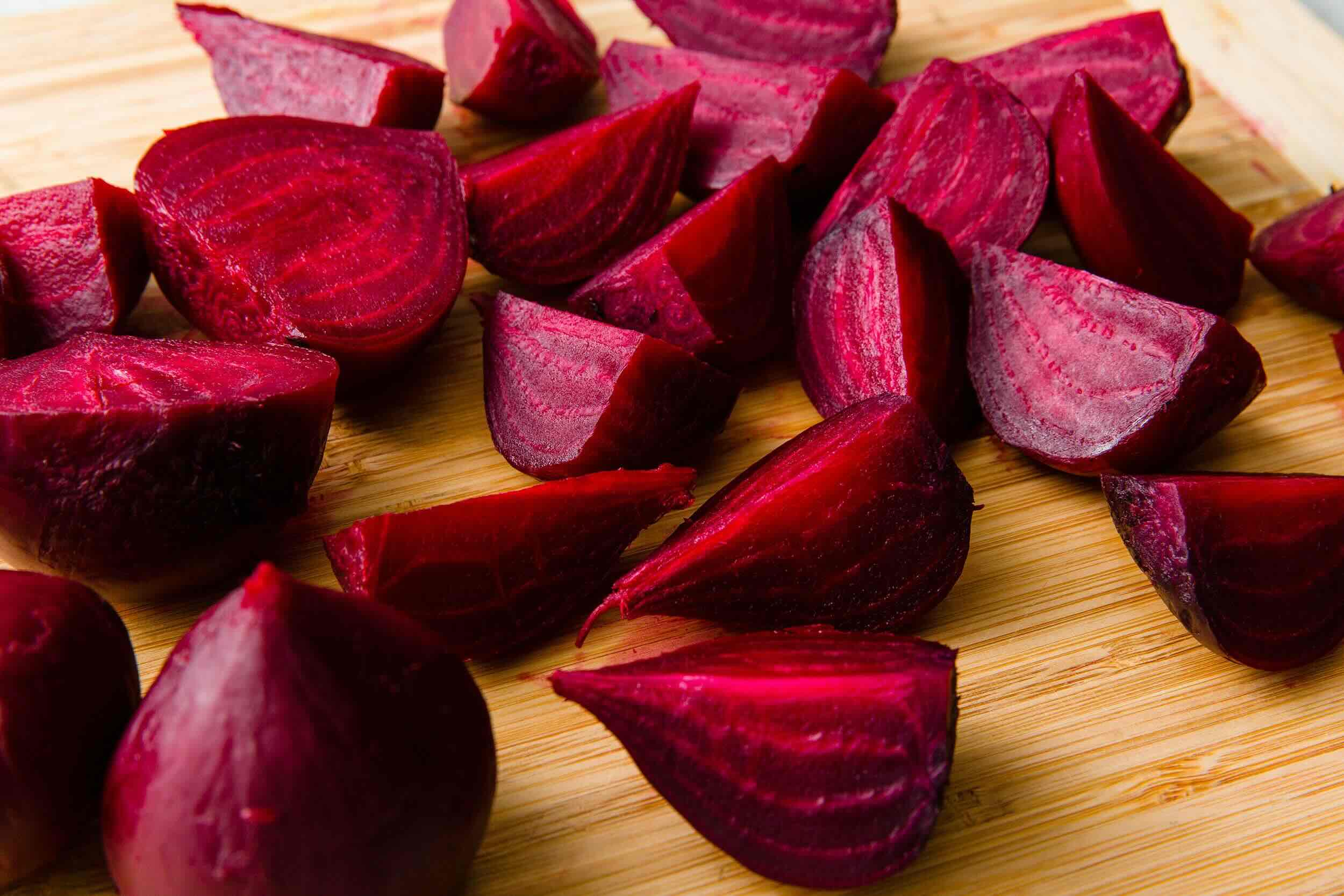
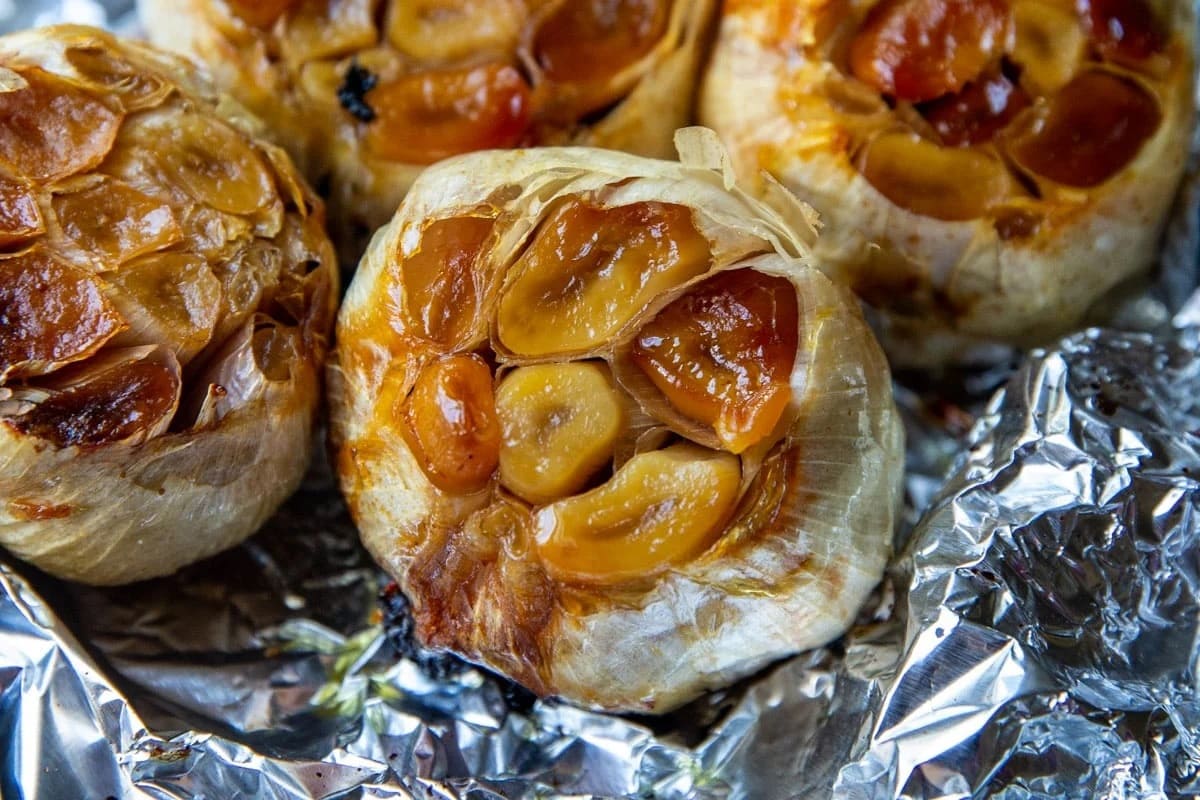
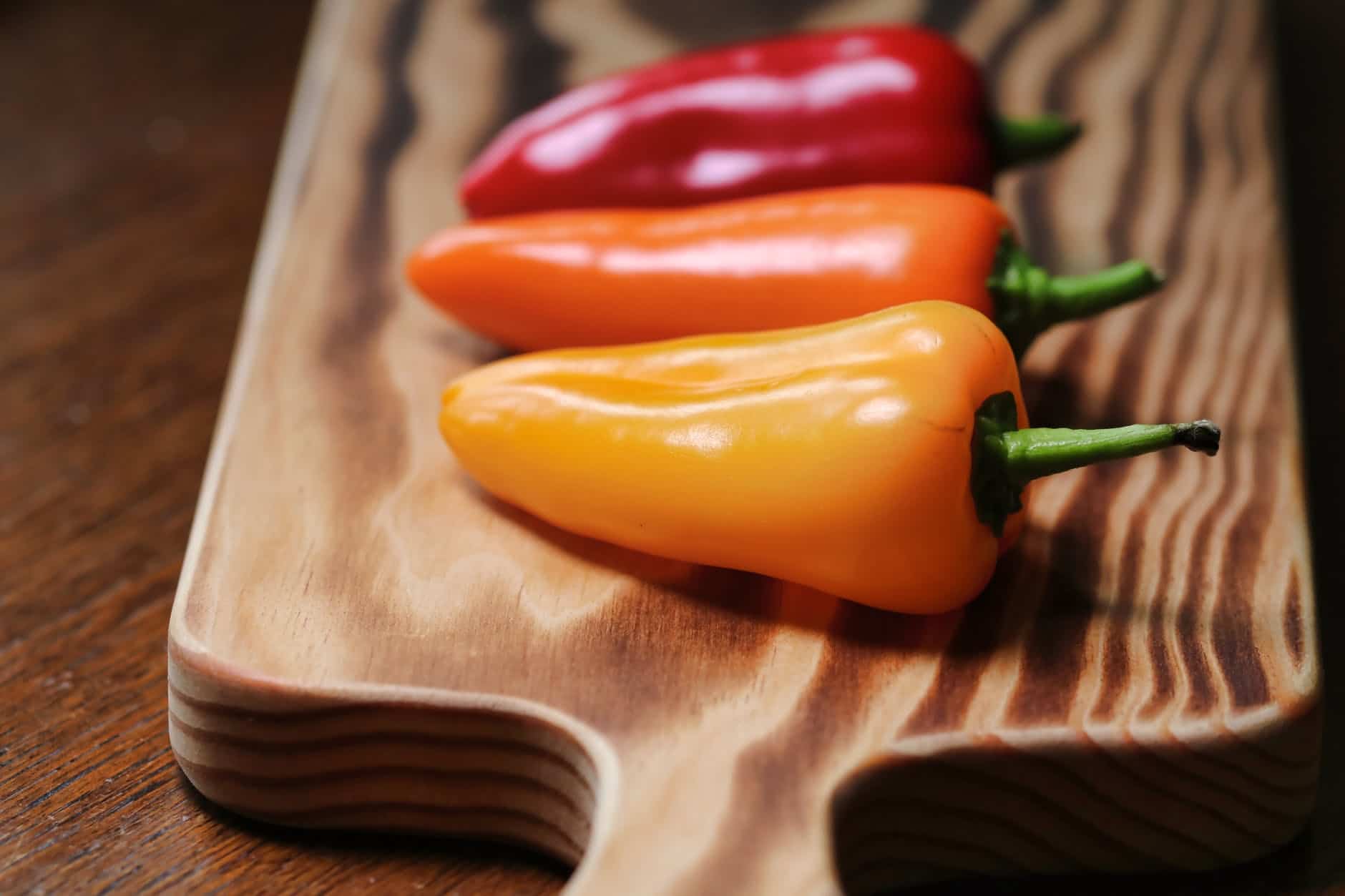

0 thoughts on “How To Store Roasted Peppers”